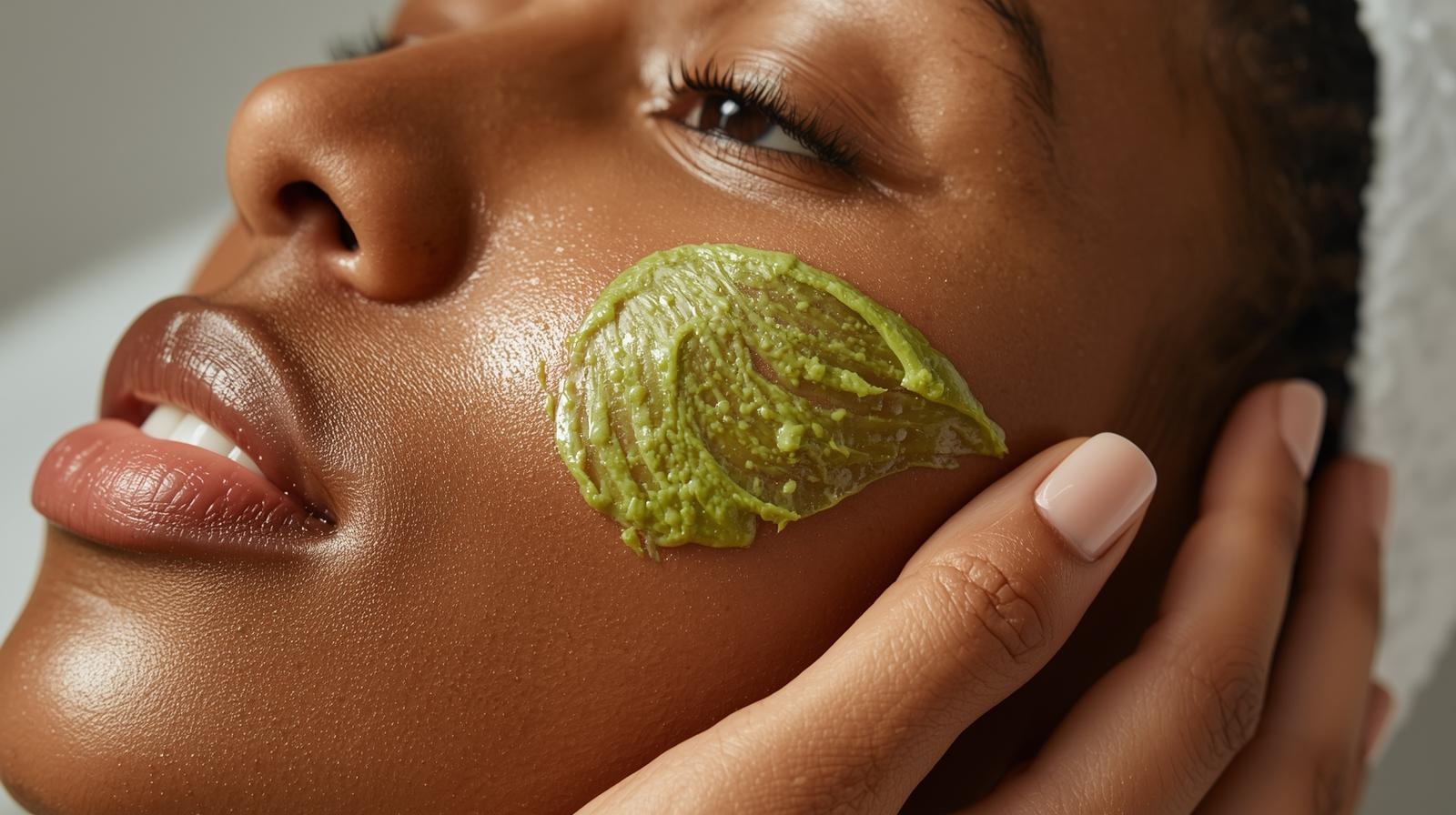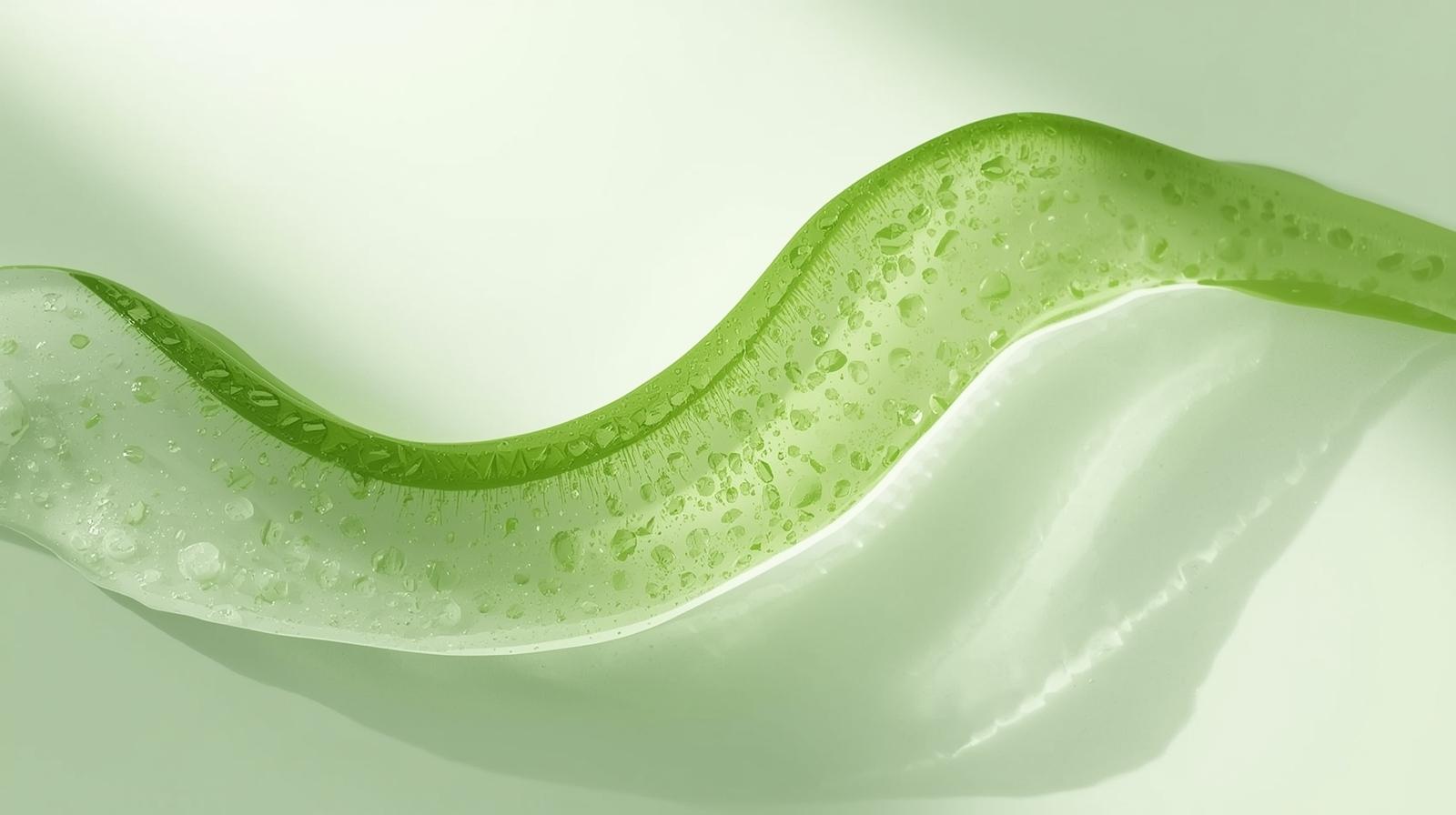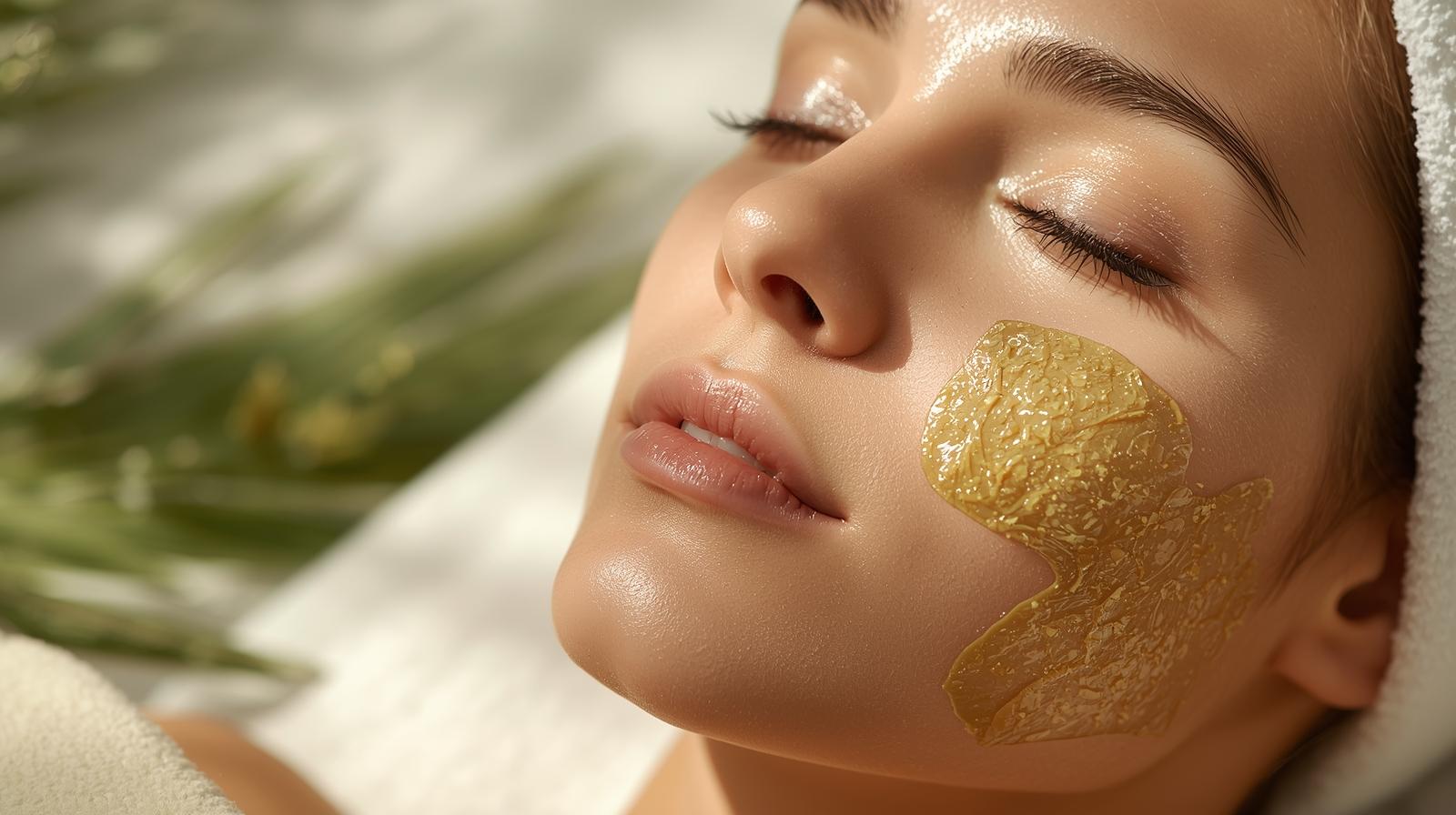Preparing for Your Treatment
Proper preparation before your facial or chemical peel treatment is essential for achieving the best possible results and minimizing potential side effects. This guide will help you understand how to prepare your skin in the days and weeks leading up to your appointment.
Different treatments require different preparation protocols. Whether you're scheduled for a gentle hydrating facial or a more intensive chemical peel, following these pre-care instructions will help ensure your skin is in optimal condition for treatment.
Please read through this entire guide carefully and contact us with any questions. Your commitment to proper pre-care significantly impacts your treatment outcomes and overall experience.





